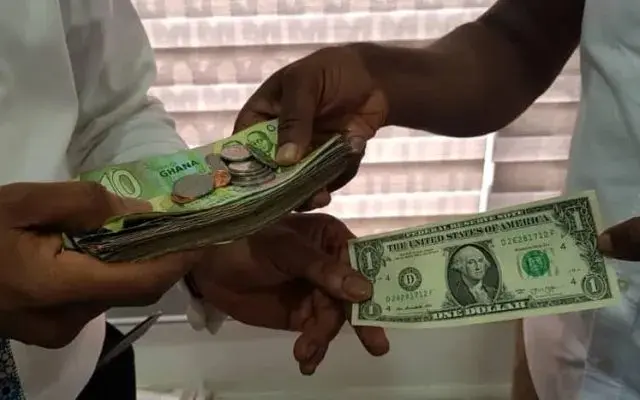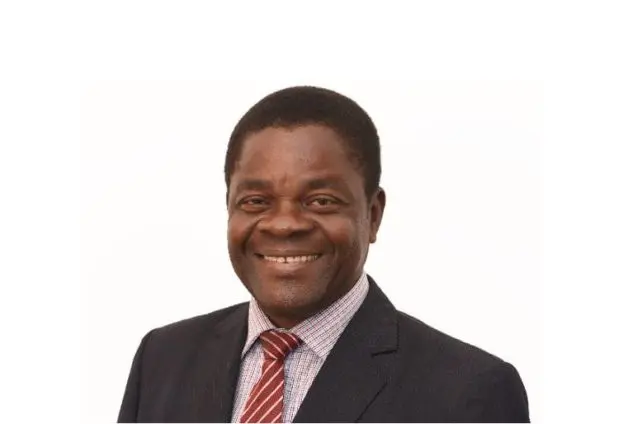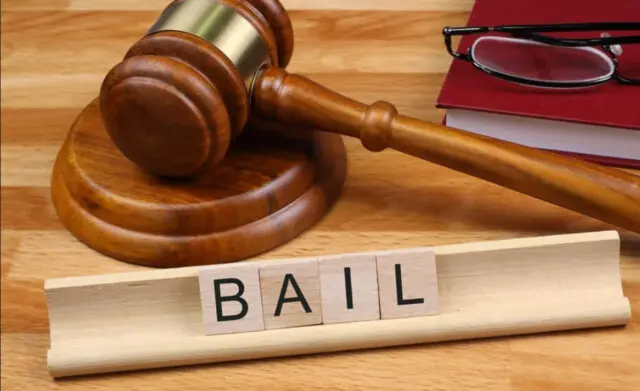Accra – Every Friday and Saturday, the Newsfile program on Joy FM has carved out a reputation for its incisive analysis of Ghana’s most pressing issues. Recently, the broadcast delved into a trio of challenges facing the nation: the specter of a looming power crisis, the surprising appreciation of the cedi, and the ethical questions surrounding the Ghana Gold Board’s CEO. These intertwined developments highlight the complexities facing Ghana’s economic issues as the nation navigates a challenging global landscape. This report draws upon the discussions and reporting featured on Newsfile and other Ghanaian news outlets to provide a comprehensive overview.
The most immediate threat is the potential for widespread power outages. The Minister for Energy and Green Transition, John Jinapor, issued a stark warning: Ghana is teetering on the brink of a nationwide blackout.
“Ghana currently has less than three days’ worth of liquid fuel to power its electricity-generating plants,” Jinapor stated, highlighting the urgency of the situation. The energy sector is under immense financial strain, with billions of cedis needed urgently to secure the necessary fuel supplies. Without this critical funding, the nation risks plunging into darkness.
The crisis is further compounded by Ghana’s substantial debts to Independent Power Producers (IPPs), which currently exceed $1.7 billion. Securing a stable liquid fuel supply necessitates an immediate injection of $1.1 billion. One major IPP, Karpower, has even threatened to halt operations due to these outstanding debts, exacerbating the precarious energy situation.
In response to the financial difficulties, the Electricity Company of Ghana (ECG) has initiated a crackdown on Ministries, Departments, and Agencies (MDAs) that have failed to pay their electricity bills. These defaulting institutions face the risk of disconnection as the ECG intensifies its efforts to recover outstanding payments. The ECG has been urged to aggressively pursue the collection of these debts to alleviate the financial burden on the power sector.
Amidst the energy concerns, there’s been a surprising turn in the currency markets: the Ghanaian cedi has demonstrated unexpected strength, appreciating against the US dollar. This development has sparked cautious optimism among businesses and policymakers alike.
“The depreciation of the Ghana’s cedi has demonstrated remarkable strength by appreciating well against the US dollar,” reported several financial outlets, reflecting the positive shift in the currency’s performance. However, the sustainability of this trend remains a key question.
The Ghana Union of Traders Associations (GUTA) has appealed to its members to reflect these currency gains in their pricing, potentially offering relief to consumers. However, traders have expressed hesitation to reduce prices immediately, citing concerns about the long-term sustainability of the cedi’s appreciation. The Ministry of Trade and various trade associations have reached an agreement to reduce prices if the cedi continues its upward trajectory, offering a potential pathway to alleviate inflationary pressures.
Adding to the complex web of Ghana economic issues, a controversy has emerged surrounding the acting CEO of the Ghana Gold Board (GoldBod), Sammy Gyamfi. The incident involves a gift of U.S. dollars to Evangelist Nana Agradaa, a gesture that has triggered public outrage and raised ethical questions.
Gyamfi’s actions have been widely criticized, prompting him to issue a public apology. The Chief of Staff summoned him to address the situation, and while the presidency has decided against further disciplinary action beyond the apology and caution, the incident has cast a shadow over the Gold Board’s leadership.
In summary, Ghana is currently grappling with a potential power crisis, navigating the complexities of currency appreciation, and addressing ethical concerns within its public institutions. The resolution of these Ghana economic issues will be crucial for the nation’s long-term prosperity.
Image Source: MYJOYONLINE






















